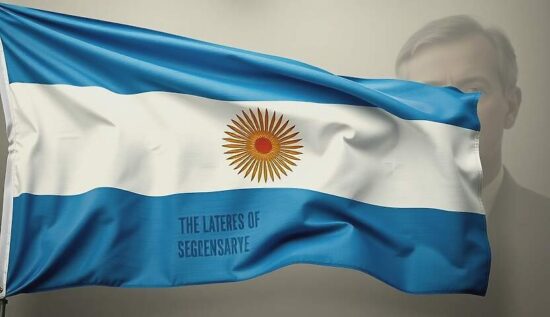Argentina’s President Javier Milei has decided to withdraw the country from the World Health Organization (WHO), a move that follows in the footsteps of former US President Donald Trump, who issued a decree for the US withdrawal from the WHO just hours after returning to the White House on January 20. President Milei has tasked Foreign Minister Gerardo Werthein with the necessary formalities.
At a press conference on Wednesday, the President’s spokesperson, Manuel Adorni, confirmed the plan and elaborated on the reasons behind it. “We won’t allow an international organization to infringe on our sovereignty – let alone our healthcare system” he said.
Adorni also referred to the “deep-seated disagreements” regarding the pandemic’s crisis management during the COVID-19 pandemic. He accused the WHO and the previous government of former President Alberto Fernández of being responsible for the “longest isolation in human history.”
President Milei has long criticized the social restrictions that were implemented, which he believes were made possible due to the lack of independence of some states. The President’s spokesperson explained that the withdrawal from the WHO would not have a negative impact on the country, as it does not receive any funding from the organization. Adorni also mentioned the increased flexibility in local healthcare policies.
According to the Sanitaria Sovereignty Foundation, the withdrawal from the WHO would make it more difficult for the country to access international funds and medical research and would generally impede the health services for the population. Moreover, Argentina would be less prepared to face potential pandemics in the future and would also face problems in the event of a natural disaster.





